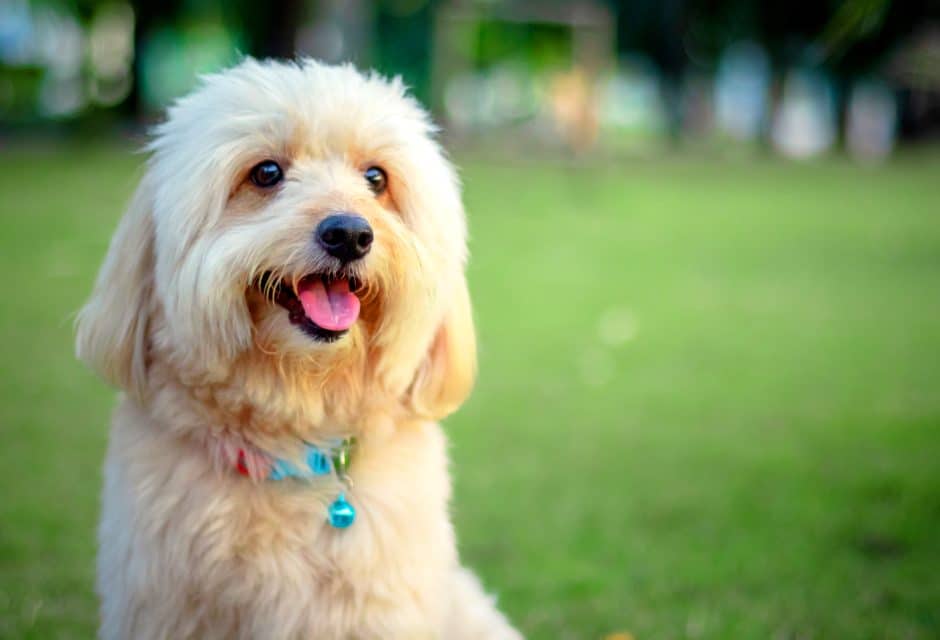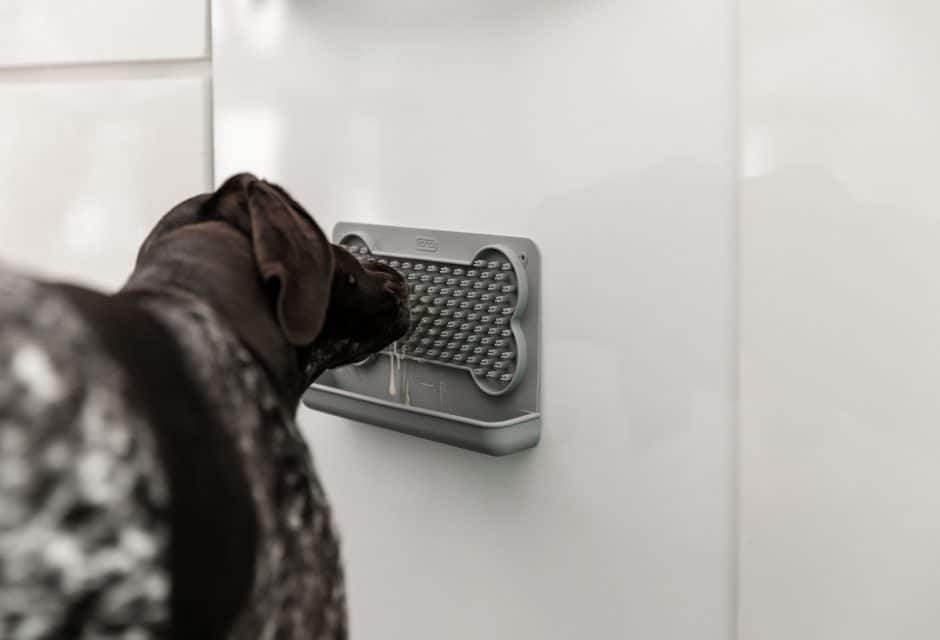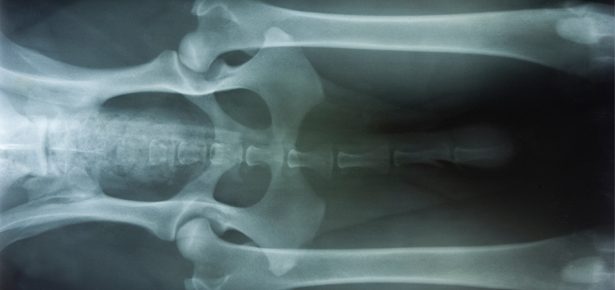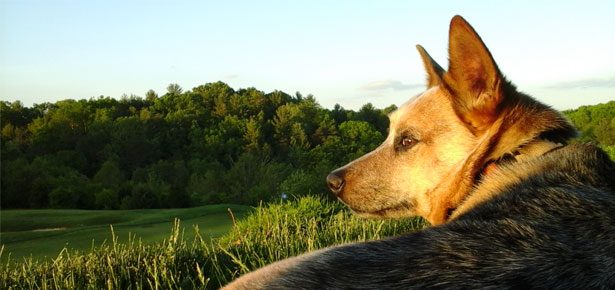

The Doctor’s In – That “Guilty Look”
Dr. Betsy Brevitz tackles common veterinary vexations
Two of the most common negative assumptions people make about dog behaviour are that (1) dogs know when they’ve done something wrong, and (2) dogs sometimes do bad things on purpose to get back at their owner. In fact, the human emotions guilt and spite are not part of the canine repertoire. Understanding what your dog is really telling you with that “guilty look” or misbehaviour will defuse your anger and help you deal with the situation more appropriately.
Say you come home from the movies to discover that your dog has strewn the contents of the kitchen garbage can all over the floor. Your dog greets you at the door with his head down, his ears back, and his tail low and wagging slowly. He’s telling you he feels guilty, because he knows he shouldn’t have gotten into the garbage, right?
Wrong. What his posture is really saying is he’s happy to see you, but he knows you’re angry at him—from your tense, jerky body movements, explosive sigh, or tone of voice, or because you’ve been mad at him before when you first got home. He doesn’t know why you’re angry with him this time, nor does he understand and remember everything you don’t want him to do. Can you explain the problem to him by pointing angrily at the mess and saying “Bad dog!”? Nope. “The evidence” and the behaviour that put it there aren’t connected in a dog’s brain. That’s why it’s pointless to punish a dog for a misdeed after the fact. He won’t make the connection.
So what should you do when you come home to find garbage on the floor? Remember that your dog doesn’t know what he did wrong, greet him neutrally, clean up the mess, and resolve to lock up the kitchen garbage can more securely the next time you go out.
Then there’s the “spite” scenario. You return to your apartment after a rare evening out, greet your Yorkshire Terrier with a cuddle and a dog biscuit, and climb into bed—only to sit squarely on the wet spot where your Yorkie has urinated while you were out. The dog urinated on your bed. Clearly she’s getting back at your for leaving her home alone, right? Wrong again. She may dislike being left alone, it’s true, but she did not consciously choose a medium (urine) and a location (your side of the bed) to get her point across. A more likely interpretation is that she got on your bed because it’s comfortable and comforting, and she urinated out of separation anxiety, not spite.
What should you do about a dog who urinates, defecates, or is destructive when left alone? Remember that the dog is not doing it to get back at you. Remember that punishing her for something she did as little as five minutes ago is pointless.
Join the newsletter and never miss out on dog content again!
"*" indicates required fields
By clicking the arrow, you agree to our web Terms of Use and Privacy & Cookie Policy. Easy unsubscribe links are provided in every email.





